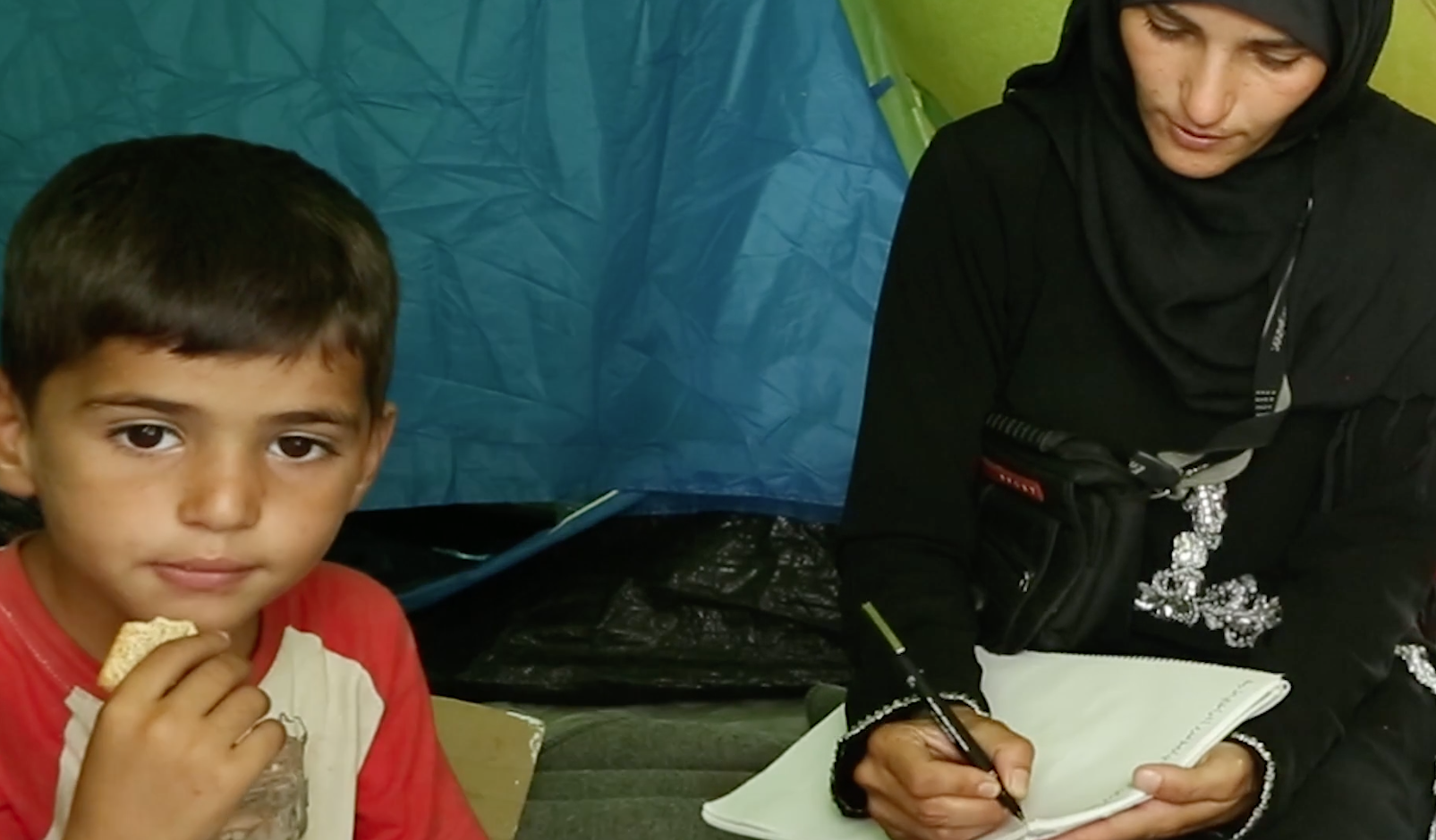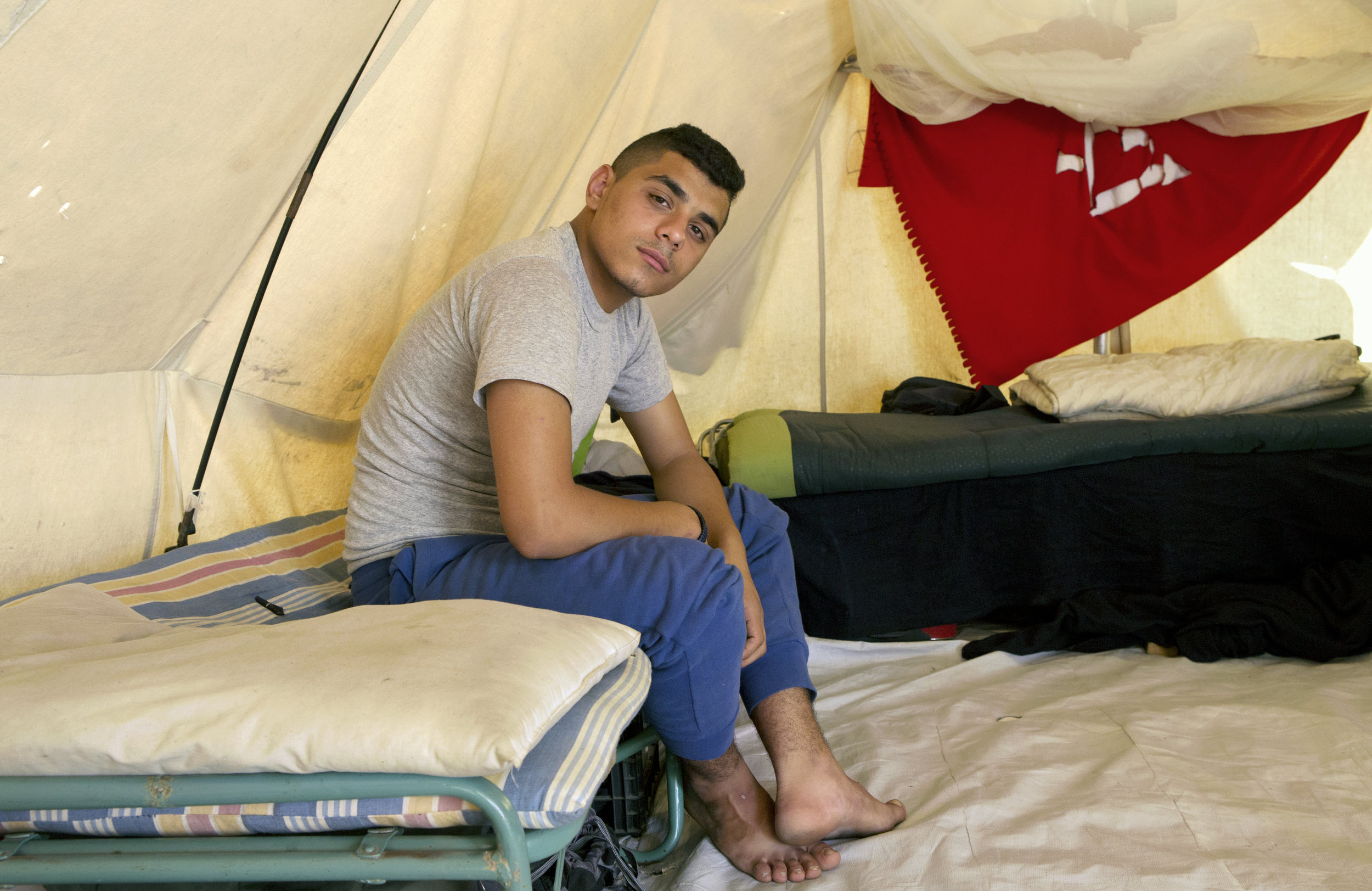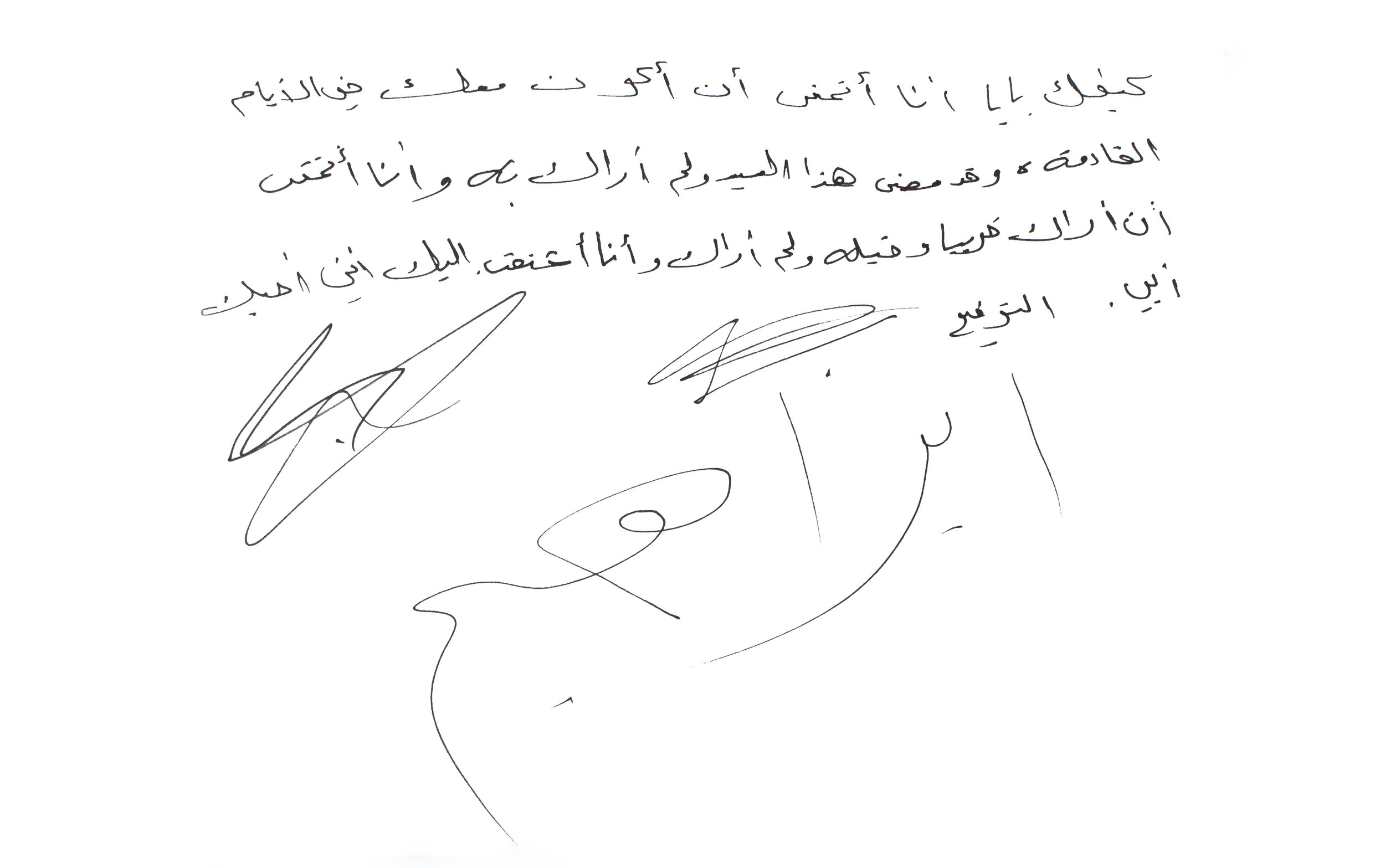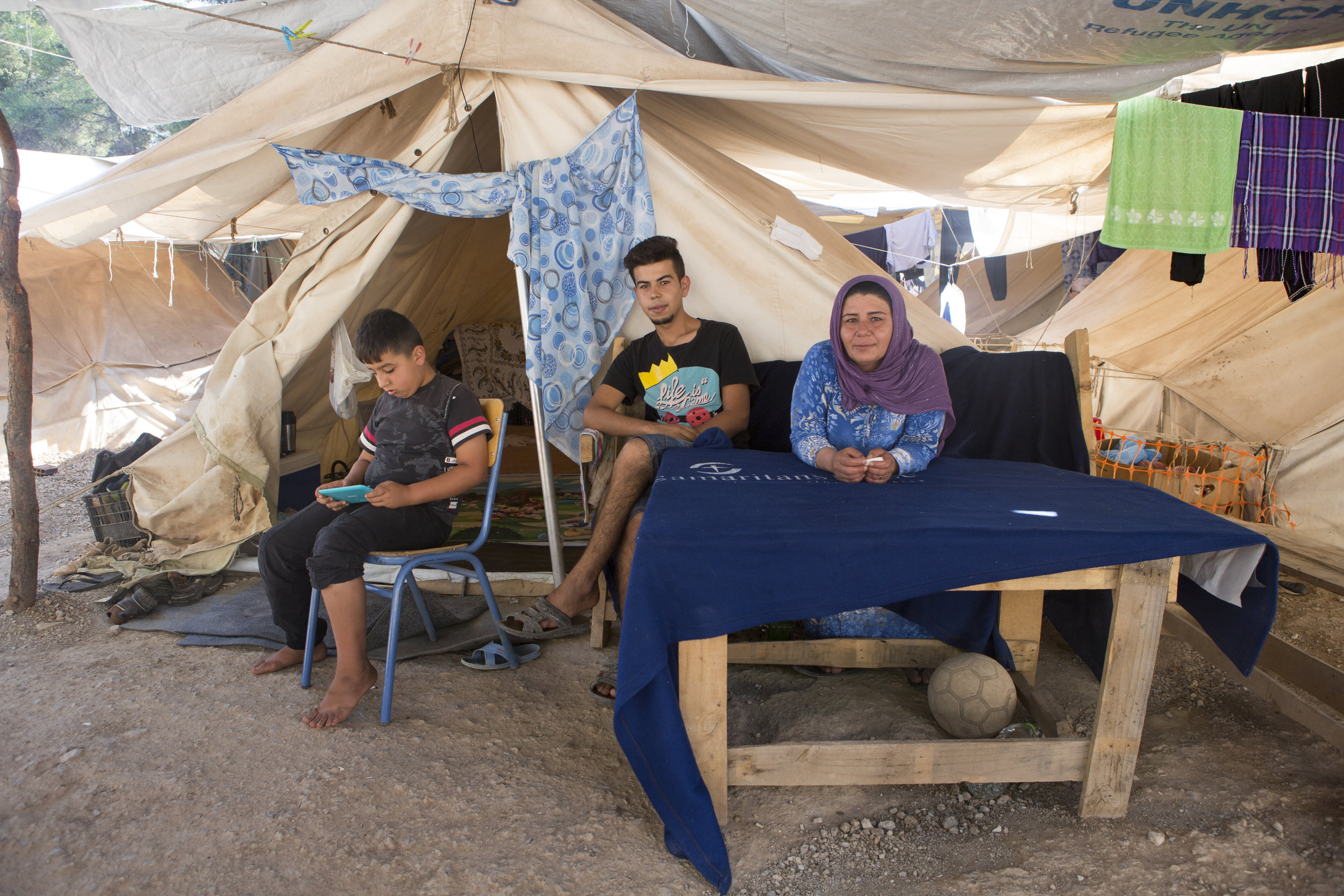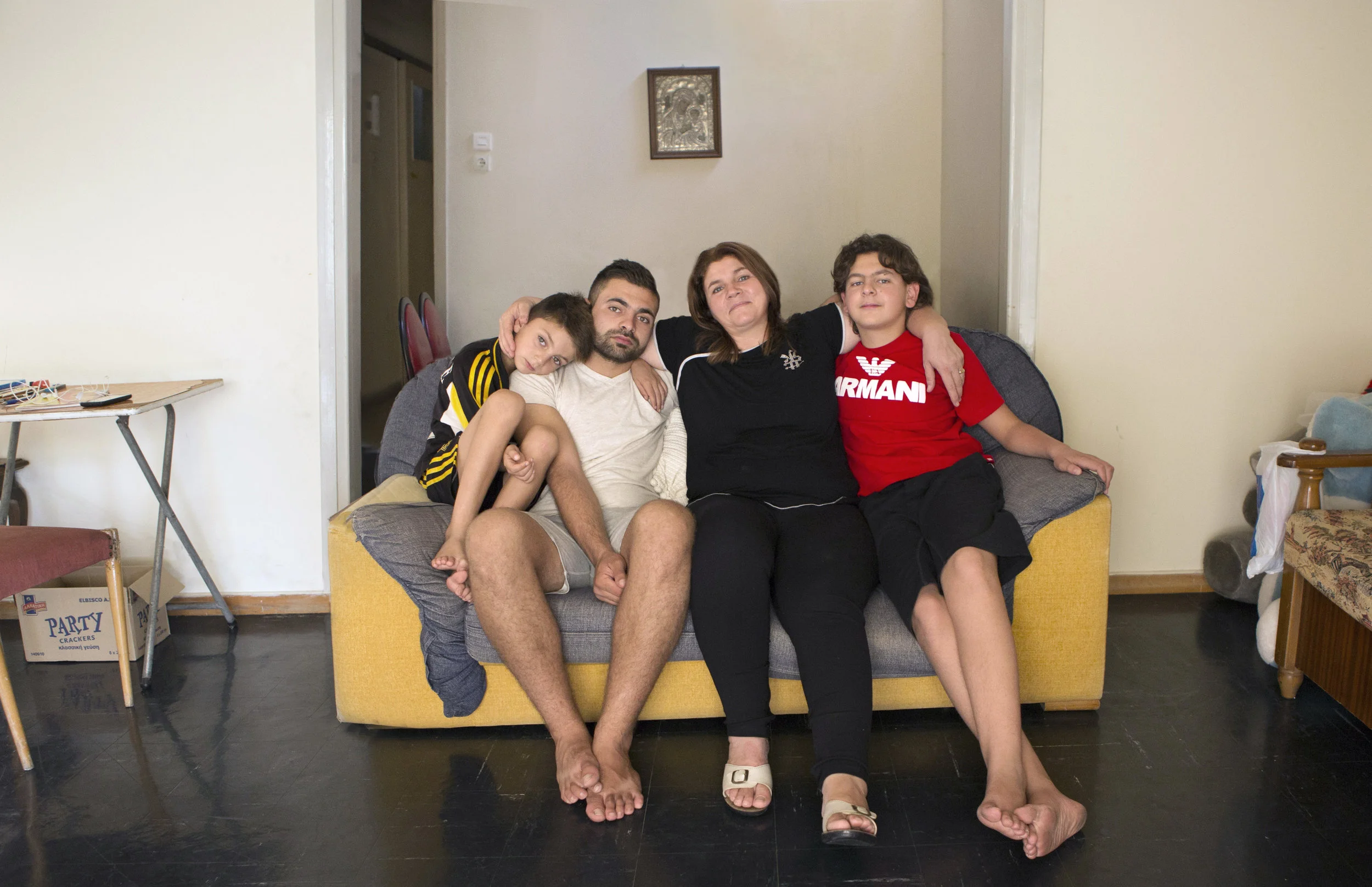What if your family were torn apart while fleeing war? Then after spending your last penny and risking your life to be with them, you were abruptly stopped and forced to live in the most inhumane conditions imaginable stuck in limbo without any information of what your future holds.
On March 9, 2016 the dreams of tens of thousands of asylum seekers in Greece were crushed when the Balkan route into Europe abruptly closed and the EU-Turkey deal was subsequently signed March 18, 2016. In this agreement, all illegal immigrants who arrived in Greece after March 20,2016 would be sent back to Turkey.
When the borders closed in early March, Greece was left with no mechanism to responsibly handle the flow of nearly 4,000 asylum seekers arriving daily from Turkey, creating an immediate humanitarian crisis. By the time the EU-Turkey deal went into effect, March 20, 2016, there were already over 50,000 asylum seekers stuck in Greece living in the most inhumane conditions imaginable without any information of what their futures held.
Many of these asylum seekers who were on their way to reunite with family in other European countries were forced to wait over a year to be reunited, while almost two years later others are still stuck in Greece anxiously awaiting reunification. Those who arrived after March 20, 2016, however, suffer an even worse fate of indefinitely languishing in unequipped camps left wondering if they will ever be reunited or sent back to Turkey.
We can all relate to the pain that being separated from a child, husband, father or brother causes. How can we criminalize and turn our back on innocent victims of war? There is no question that these families are no longer able to return to their homes and should be reunited with their loved ones and treated with dignity while awaiting reunification.
Let’s take a moment to watch a few of these refugees' heartfelt stories, and try to imagine ourselves in their shoes. How many days could you live separated from your four and ten-year-old daughters? It’s time to treat their suffering as if one day it could be our own.



